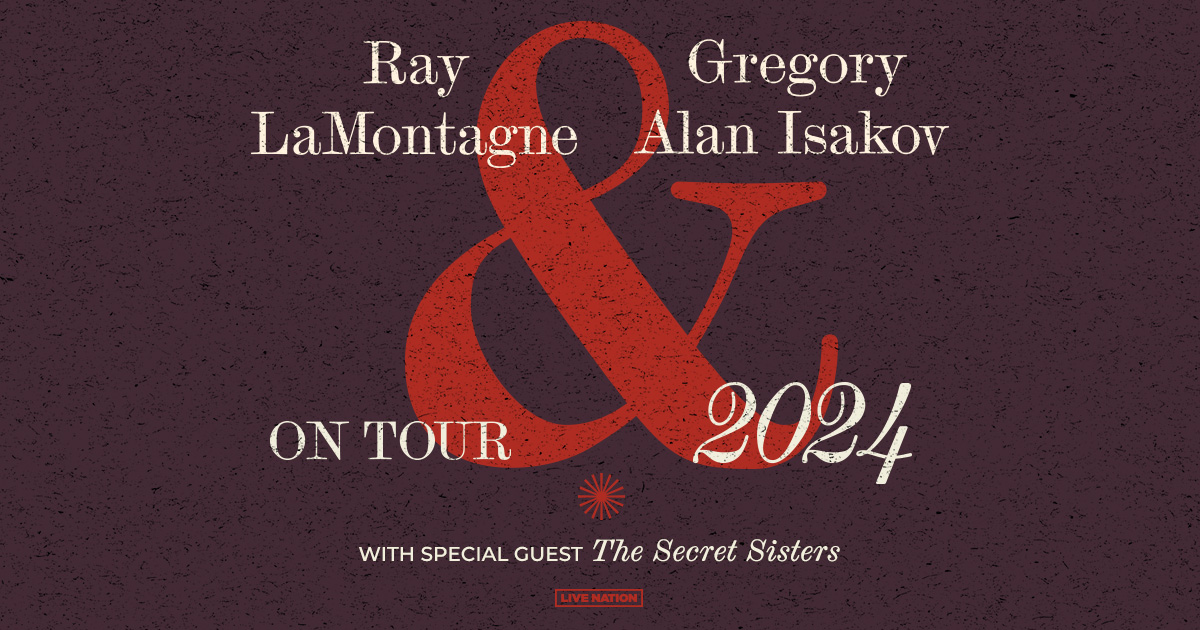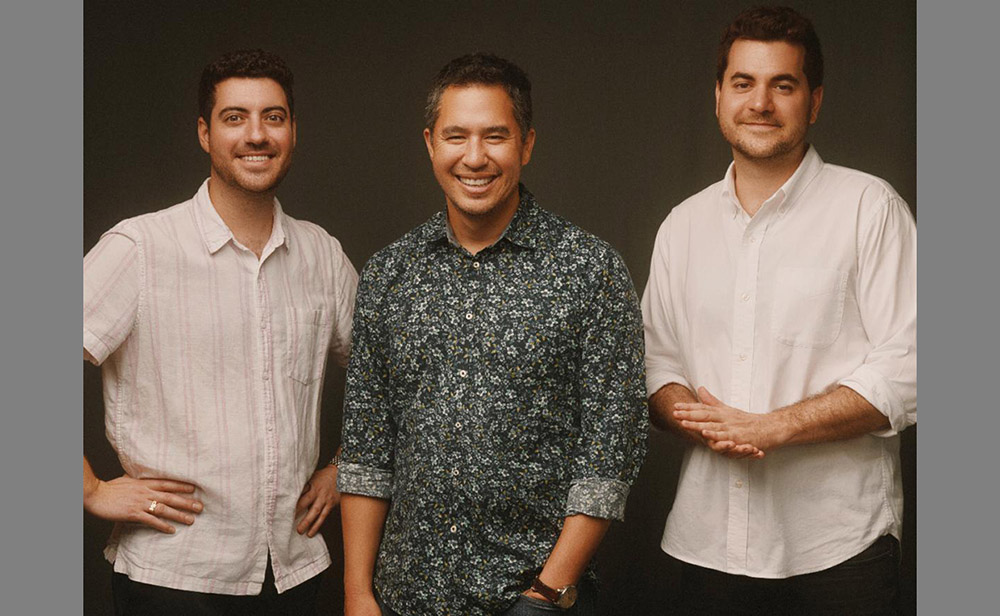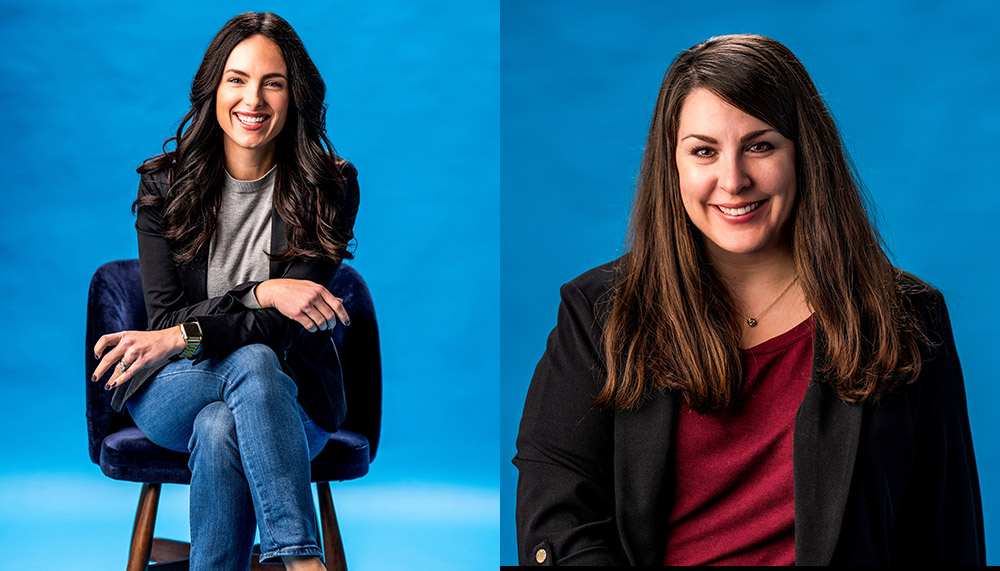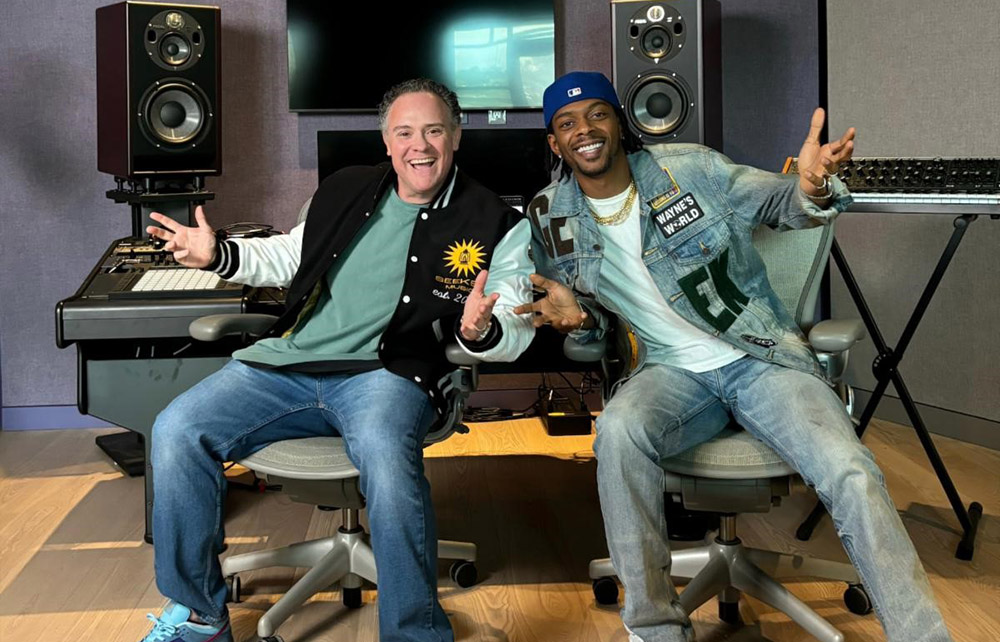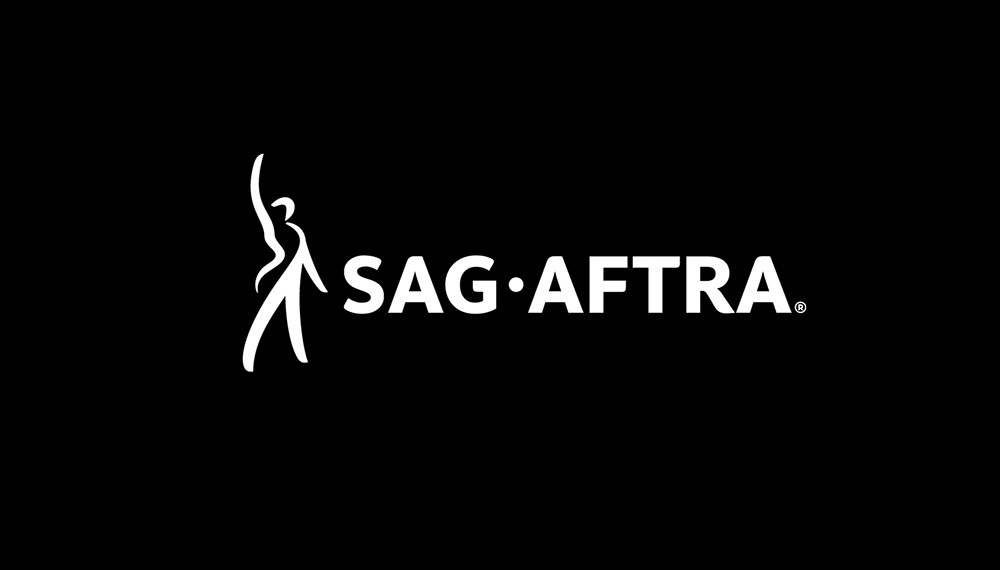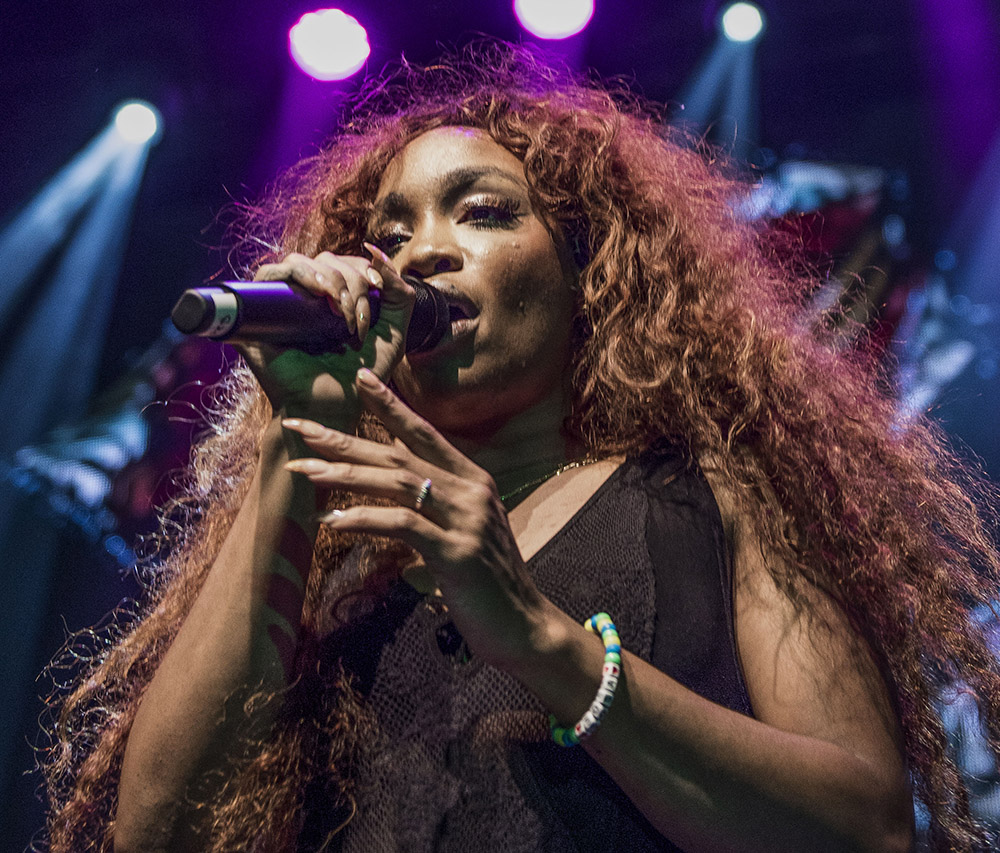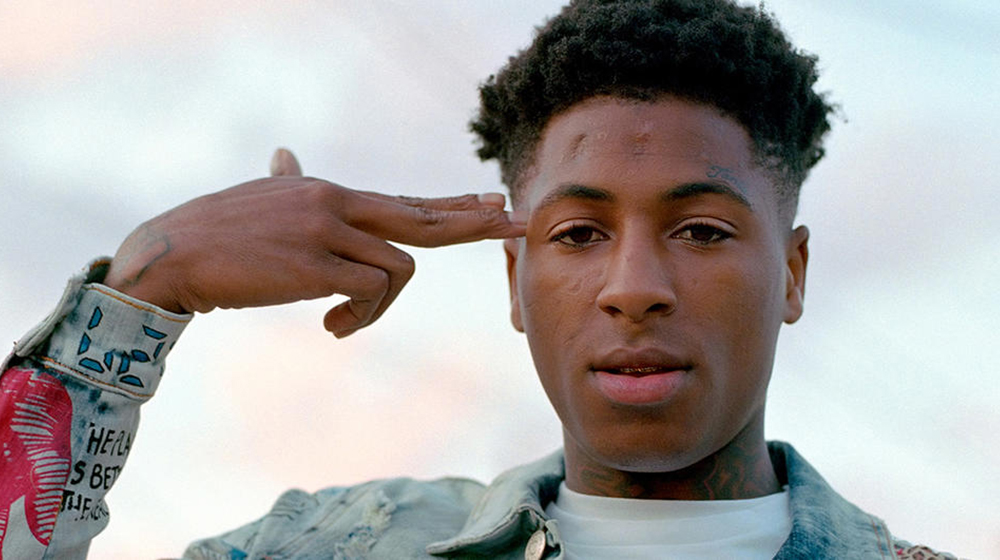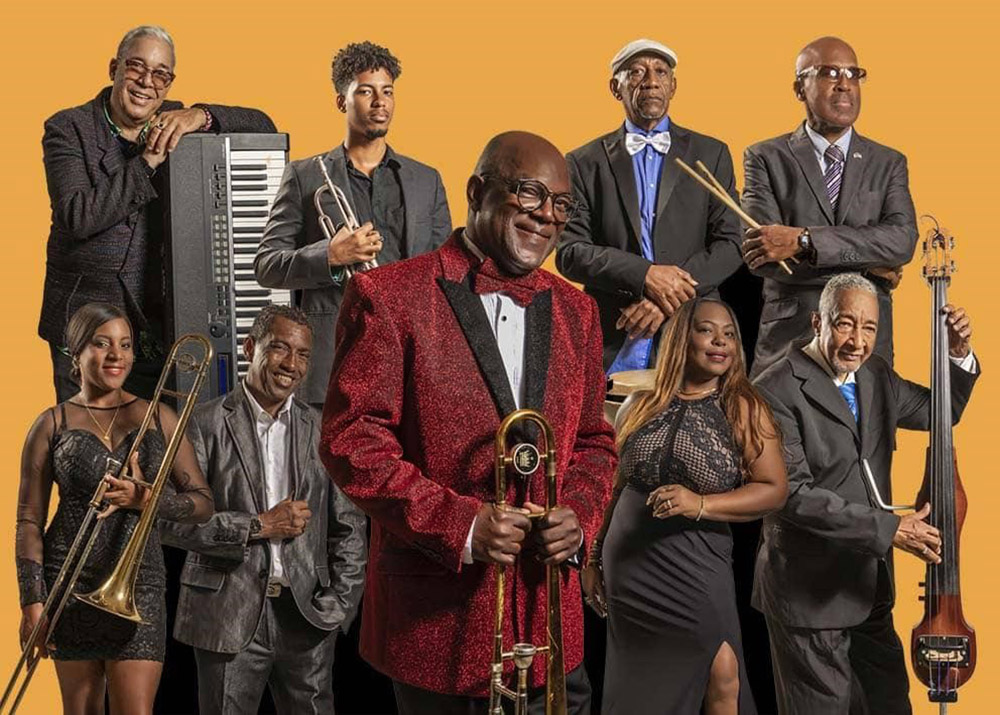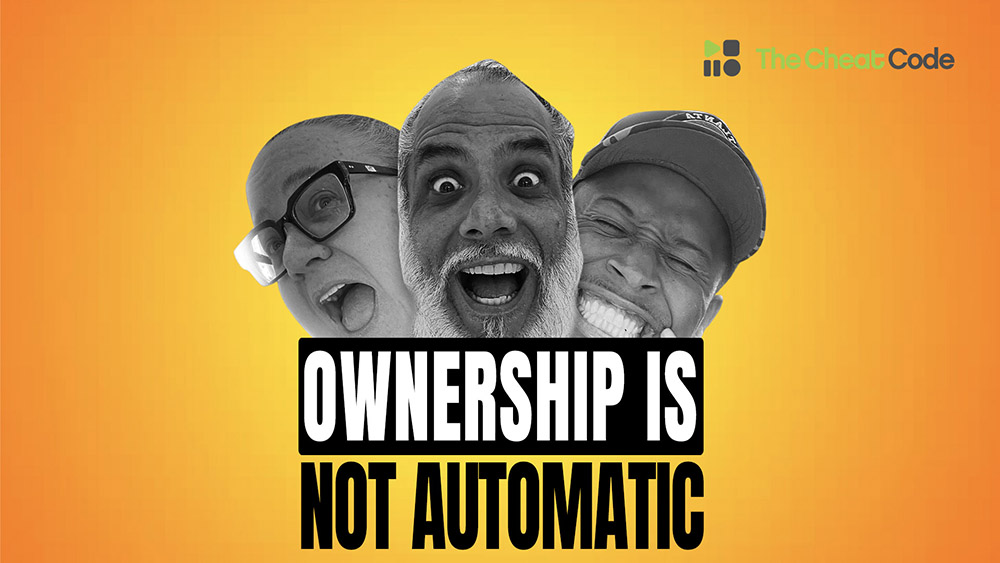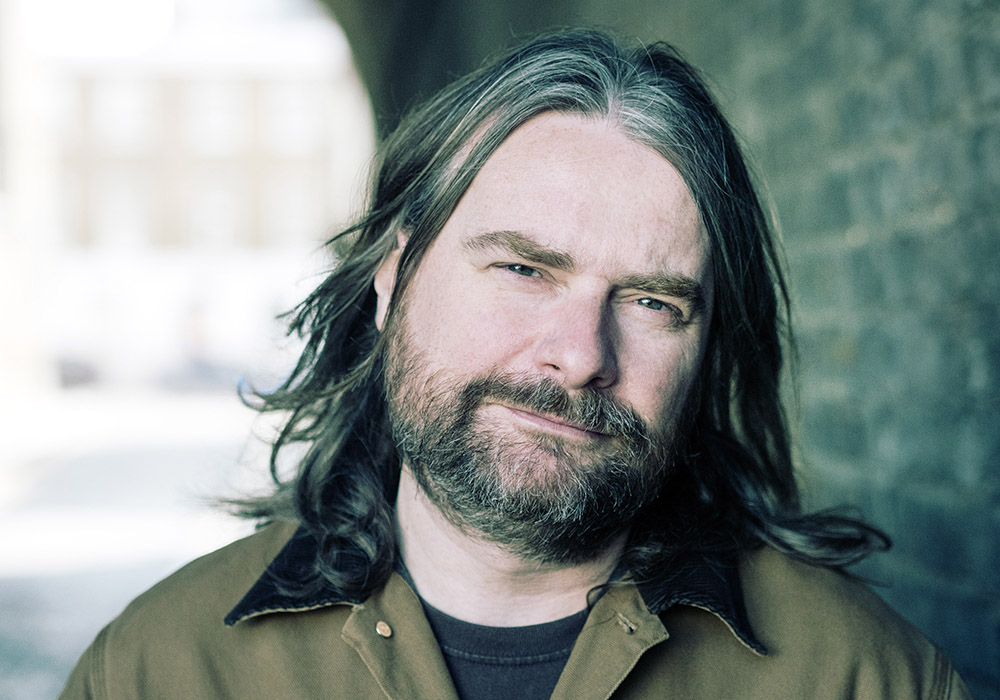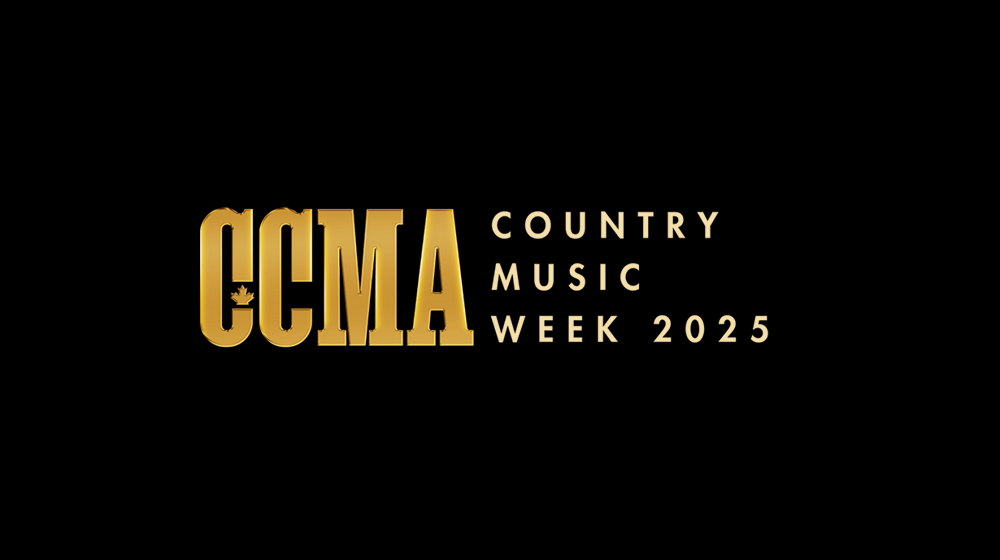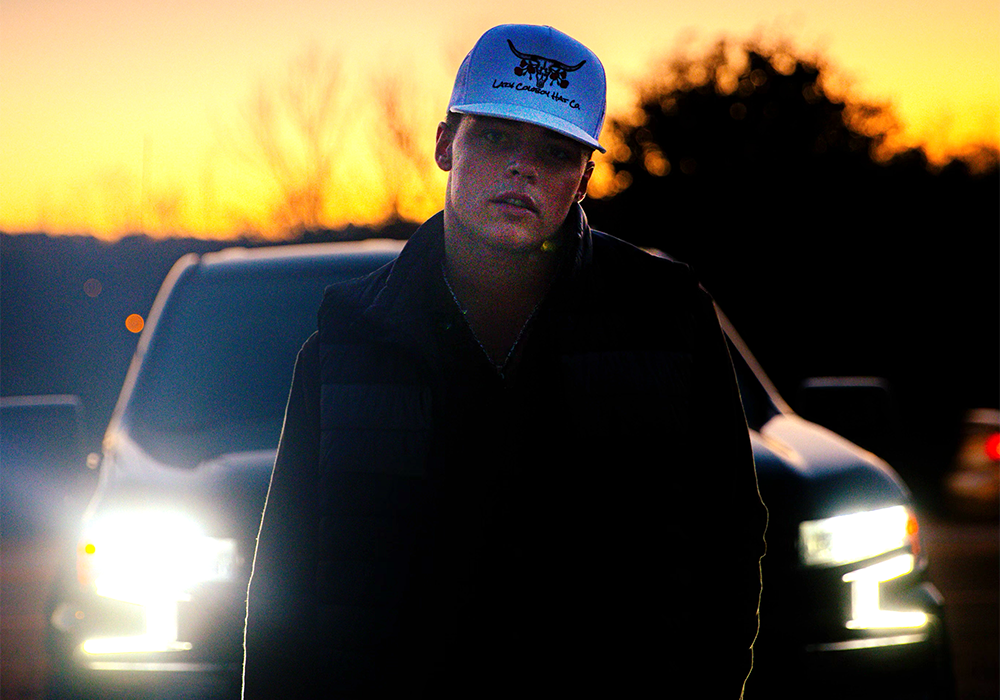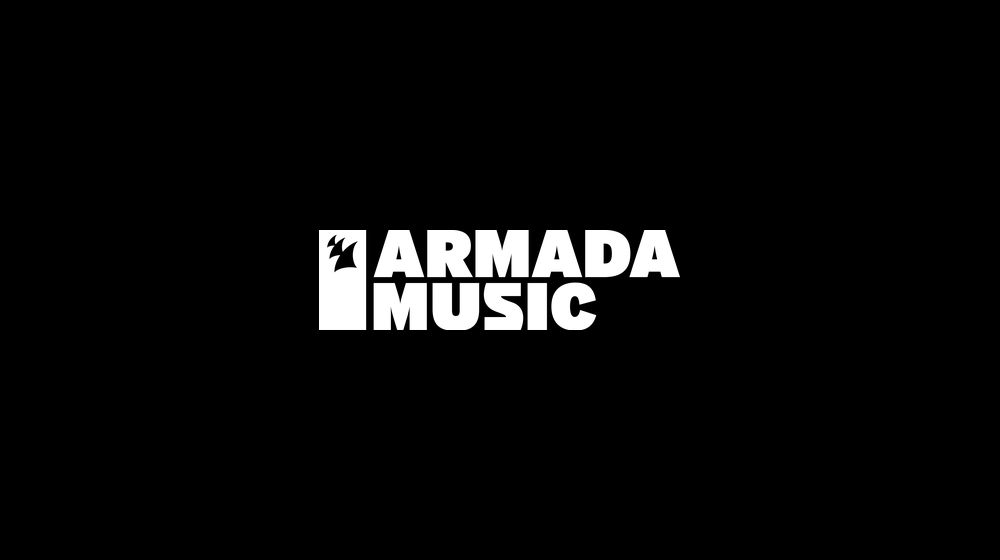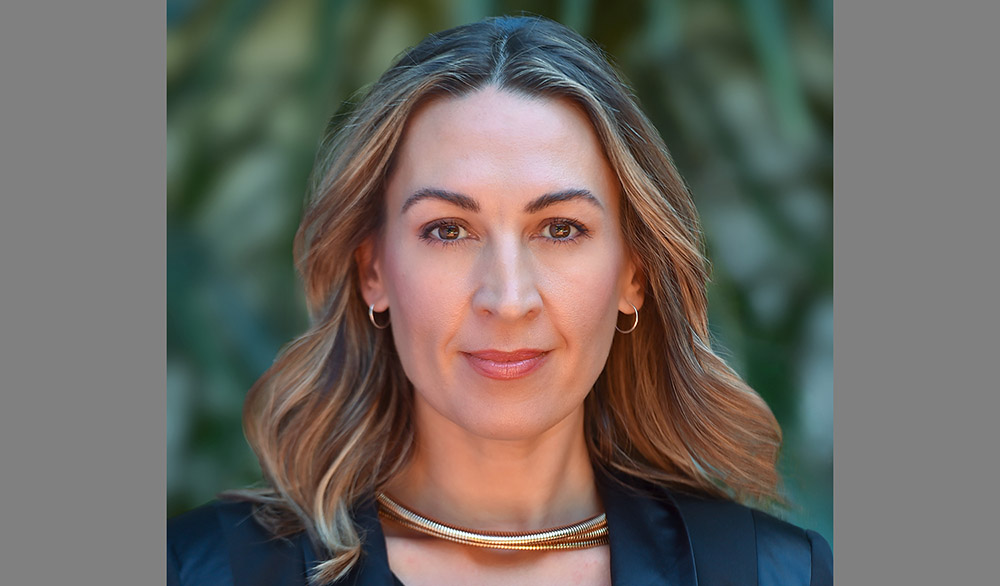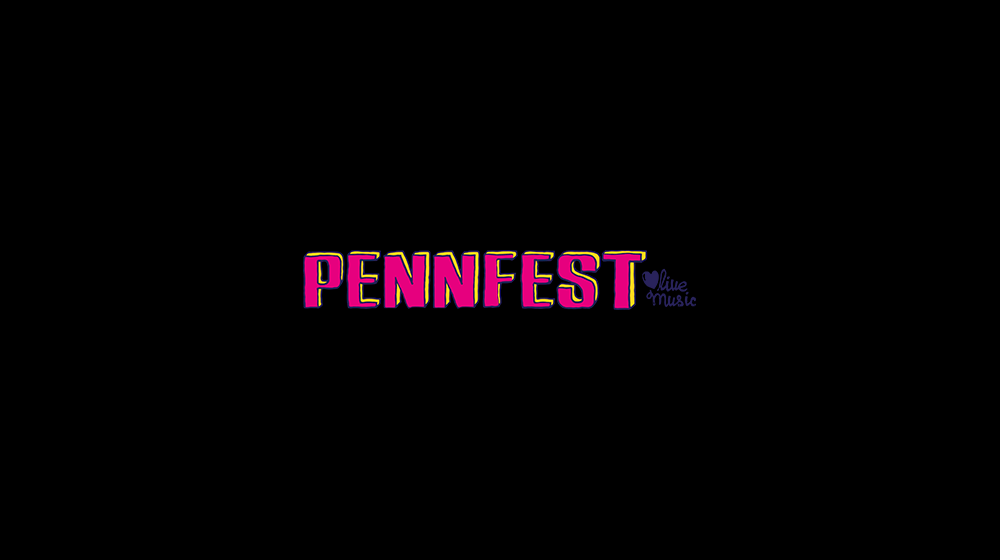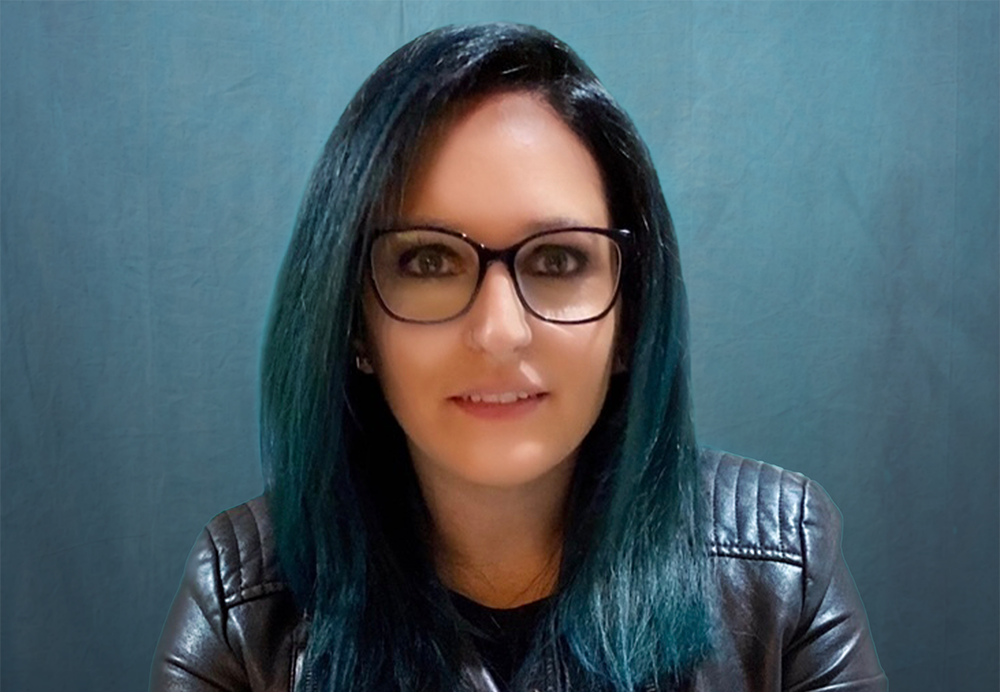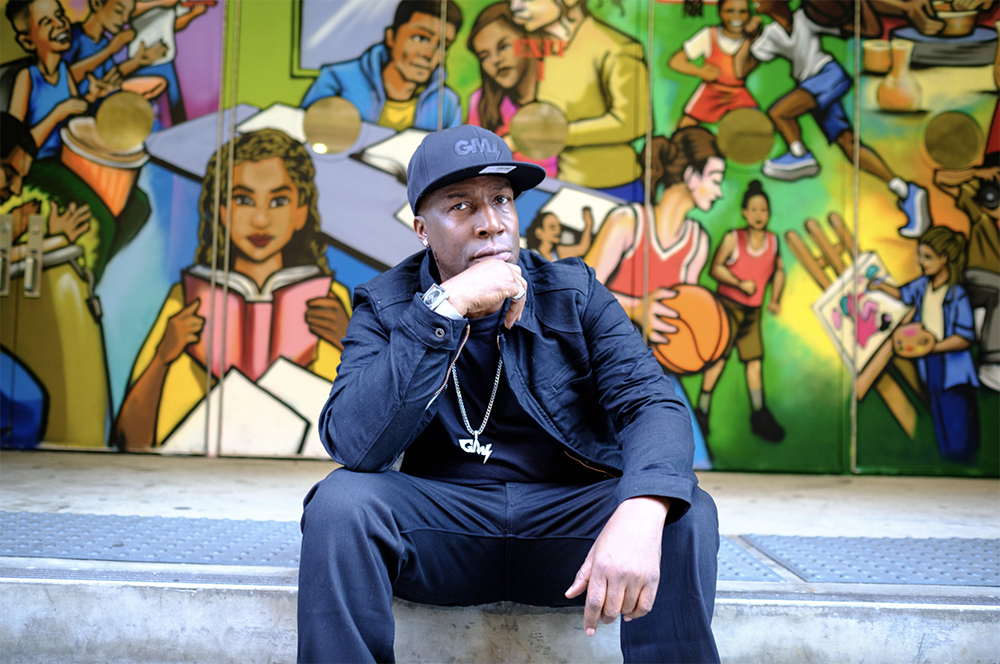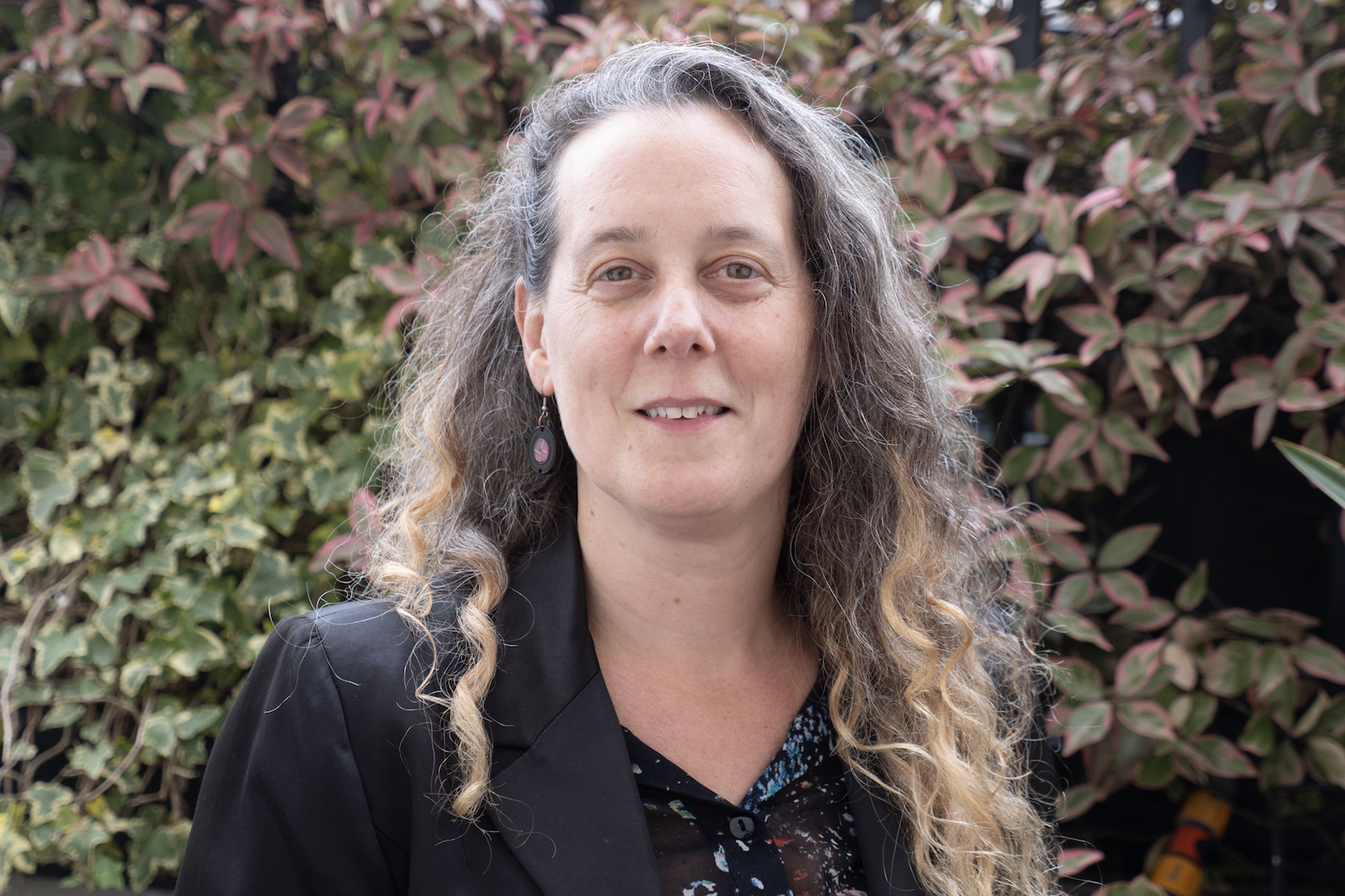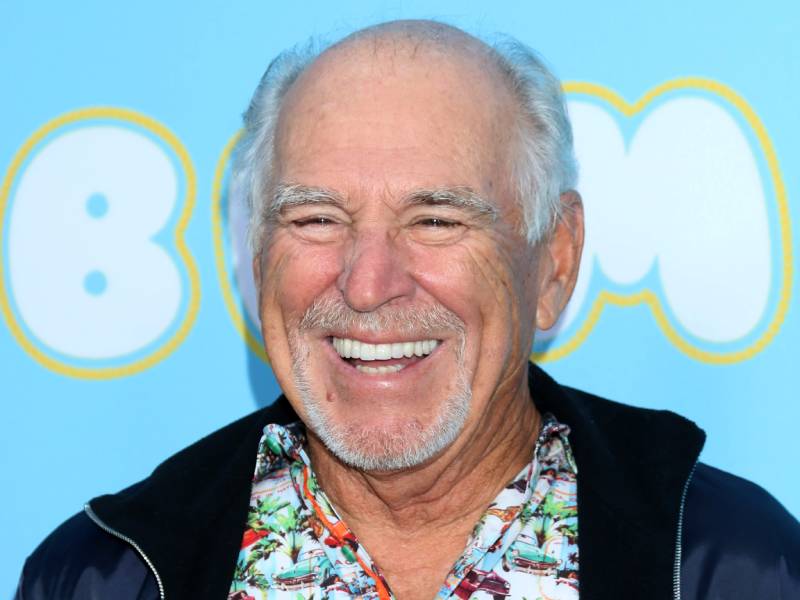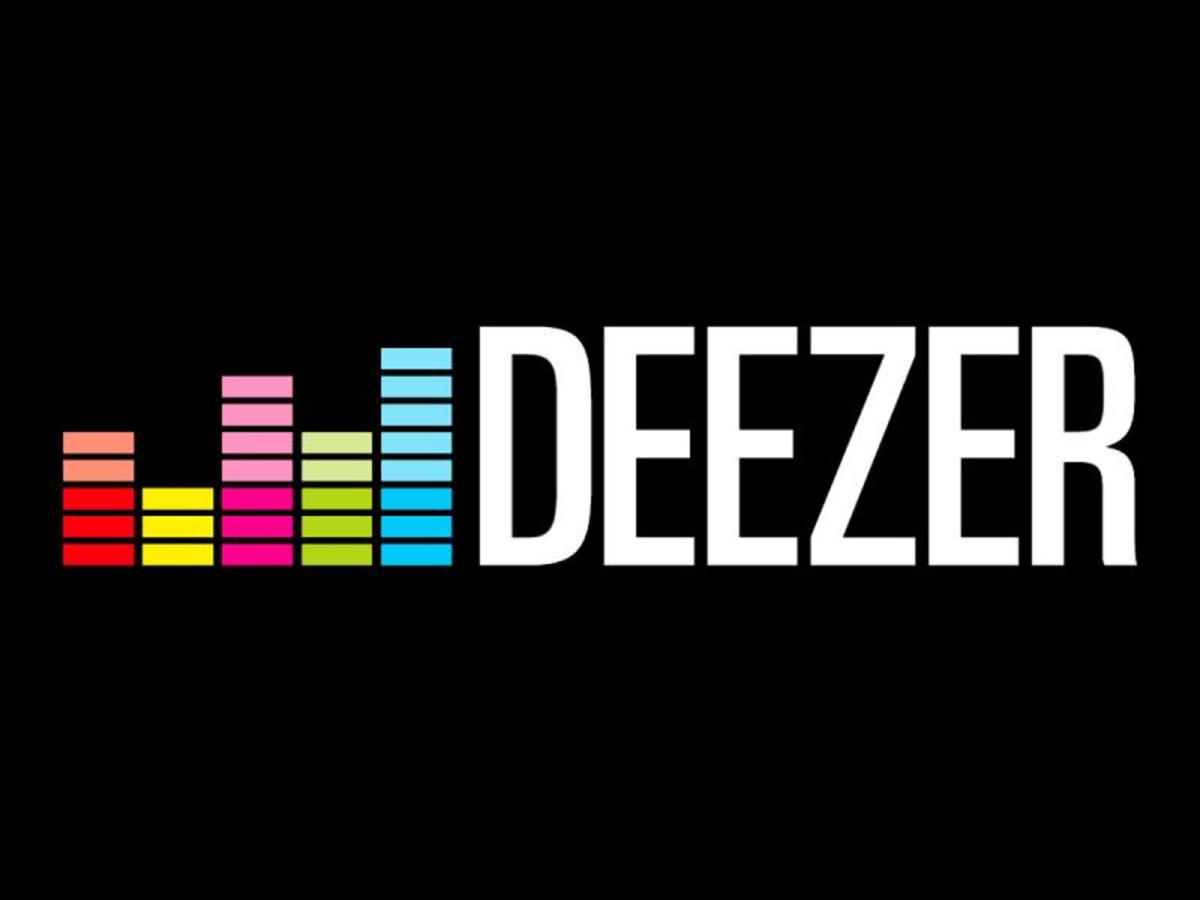
LONDON (VIP NEWS) – Heated debate during a conference in central London on March 18th illustrated that dialog on regulating the U.K. secondary-ticketing sector will continue to simmer for the forseeable future.
Emotions ran high at "Ticket Touting: Going, Going…Gone?," a conference organized by U.K.-based University of Westminster's MusicTank, as panellists discussed whether or not secondary ticketing was scalping by another name.
Marc Marot, chairman elect of the Resale Rights Society (RRS), kicked off proceedings by warning that technology threatened the live-music sector in the way digital downloads has hurt recorded music sales.
The RRS, launched last December to set up a secondary-ticketing licensing system, argues that artists deserve a share of the revenues generated.
But unless the industry acts now, Marot insisted, technology will enable operators outside the concert business to control ticket pricing. That is how Apple Computer, the technology company that operates the iTunes music store, ended up controlling how record labels priced digital downloads, he added.
"Live music is having a fecund time now," said Marot, an artist manager at London-based Terra Firma Management. "But that's how the record companies felt around 1998; they could not see the technology revolution coming. If we don't get our act together, we're going to be in deep trouble too."
Eric Baker, CEO/founder of secondary-ticket vendor Viagogo, said the recording-industry comparison is flawed. Since concert promoters pay artists in advance, charging a levy on secondary tickets was tantamount to taxing consumers.
"The reason why live music is prospering is that you can't pirate a live event; you're either there or you're not. Also, the tickets have already been paid for; the primary people (the artists) have already been paid. Therefore, the analogy is misguided."
Baker has also publicly stated that 97% of Viagogo's sellers sold 10 tickets or fewer each during 2007.
When skeptical audience members then demanded he prove the remaining 3% were not serial scalpers abusing Viagogo's site, Baker declined.
The secondary market is going mainstream, observed Carl Leighton-Pope, managing director of talent agency Leighton-Pope Organisation. "Now that secondary ticketing is here," he said, "we have to embrace it. Nobody is going to be able to do anything about it, especially if the public wants it."
He was supported by John Whittingdale, a member of the U.K. parliament and chairman of the select committee for the government's Department for Culture, Media and Sport (DCMS).
In a report published in January, the committee decided not to ask the government to legislate against ticket scalping.
Whittingdale reiterated his call for an open market and self-regulation. "I don't regard it realistic to ban secondary ticketing," he told the MusicTank audience. "Marc's (RRS) solution isn't ideal either. It has not been properly formulated yet, but it represents a possible middle way."
Marot admitted that the RRS still needs to develop a licensing system that suited the whole industry. "We can't even come close to a solution unless we've everyone on board," he said.
That includes the U.K.'s venue operators, who insist there is no room for the secondary ticketing sector. In a statement read at the conference, the National Arenas Association said secondary ticketing is exploited by scalpers, "is steeped in fraud" and "organized crime".
The MusicTank conference took place at the headquarters of authors society MCPS-PRS Alliance.



















